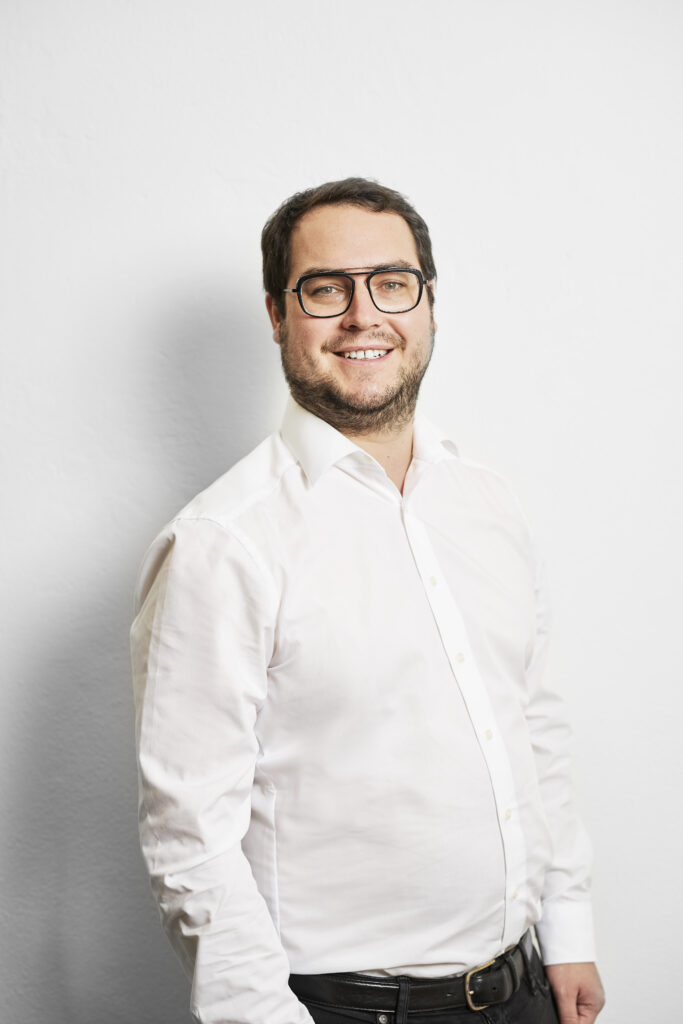
Can you give us a quick background about HENN and also an update on the recent changes at your company?
HENN is a company with about 90 people, located in the west of Austria with a turnover of more than 80 million euros. Our main business is quick connectors for cooling applications and charged air applications for passenger vehicles. Our connectors can be used in traditional combustion engines and in hybrid engines but are also suitable for electric battery vehicles. A unique feature about HENN is that we only do the development and sales of the connectors but do not produce them directly in-house. One of our daughter companies manufactures the connectors for us. Since Mr. Martin Ohneberg, our current CEO, bought the company in 2011, the turnover has multiplied 7 times along with an increase in the number of employees. He is also investing a lot in R&D to take the company to the next level of technology and innovation.
He formed the HENN Connector Group which is the umbrella body for the companies He has taken over. The first company Mr.Ohneberg bought was one of our suppliers called UFT in Eastern Germany who produce the metal part of our connectors. Then, shortly afterwards, we bought TKW, an injection molding company. At the beginning of last year, we acquired a company called Eisele, who are also into producing quick connectors, but in smaller ranges than we do. More recently, he has invested in a company called VMR which is into 3D printing, to help the whole group with prototyping.
Our group turnover for last year was 125 million Euro. Our CEO has set us a very aggressive and ambitious goal – to reach a turnover of 800 million Euro by 2035 – which we are confident of achieving.
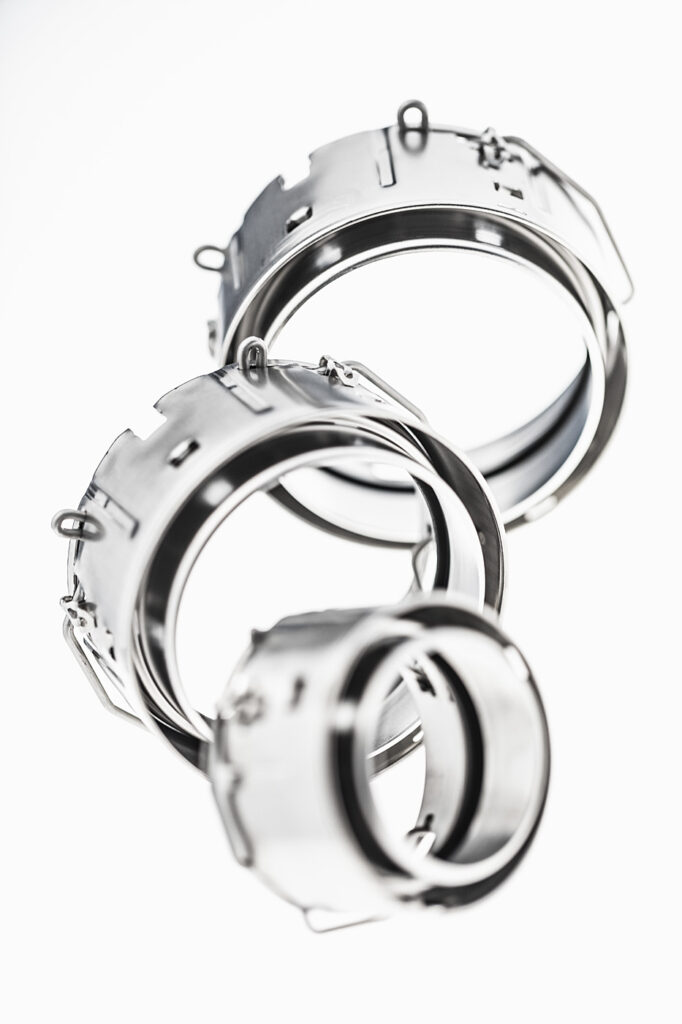
Can you please give us an outline about HENN’s product portfolio? Can you also help us with a vehicle segment-wise breakup of your business?
I’ll answer the segment question first – around 90% of our business is from the passenger vehicle segment while we do have a few projects for trucks and off highway vehicles as well. We majorly cater to passenger vehicles, but not limited only to that; if there‘s an opportunity with commercial vehicles we are ready for it.
As for our product portfolio, we basically have two product groups – the first one is connectors for charged air and the second is for cooling applications. Charged air connectors were the first connectors developed back in the 90s when HENN was founded. These connectors are all metal parts and are produced by deep drawing. We start with a sheet metal, produce the connector body, and later on add the sealing and spring in a fully automatic assembly line. This method helps save a lot of money which in turn reduces the cost for our customer.
Then, crimping machines are necessary to connect the metal quick connector to a hose, plastic duct or metal pipe. We have a very special crimping technology which monitors all crimping parameters like force and displacement. All this data is saved, which helps us in retracing everything and check for causes in case of any issues.
Both product lines are produced on a fully automatic assembly machine. The biggest advantage, besides the lower labor costs is the ability to retrace all the production steps. Every connector gets a unique number with a data matrix code on it, incase a problem, we can retrace the connector back to the raw material batch and all the production steps. We also get a picture saved at the end of the production that is stored in a huge database.
We have recently launched a new product line, which is plastic connectors, to cater to electric vehicles and hybrid vehicles for their cooling line. We are currently into the development of a new generation of plastic quick turn connectors, developed to focus on battery electric vehicles and fuel cell vehicles. We will be revealing the new design during the Auto Expo India in January 2023.
What does HENN do to offer a value proposition that is more compelling for your customer than what your competitors offer?
Actually, we have a couple of main advantages that make us stand out – one of them is the traceability aspect we spoke about earlier; the second one is what we have achieved with very low insertion forces. When the connector is connected to its counter piece, ours is very easy to assemble for the workers at OEM’s assembly line. We achieve that through a very special design of the sealing. We do not use the standard O rings but instead use something called as double lip sealing. As a result of these, our customers are able to save a significant amount of time, effort and money which is a key reason why they choose HENN over other brands.
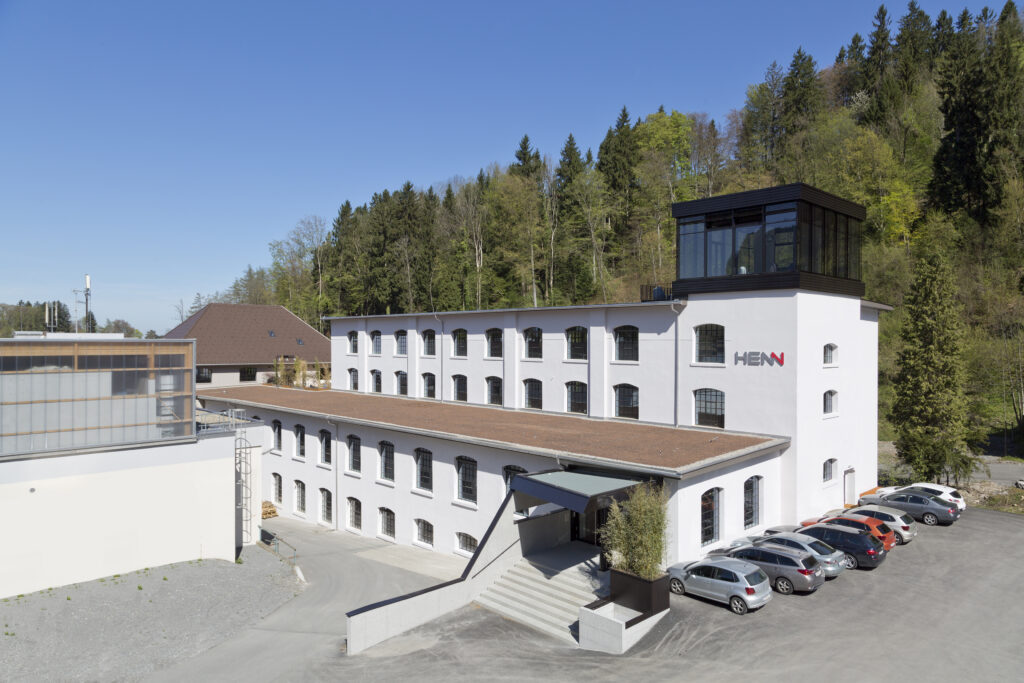
Where are your products manufactured and how many production sites do you have across the globe?
We have two production sites – one in Germany and another in Austria – and cater to the whole world from the two locations. Since our connectors are not that big, they can be shipped very easily. They are packed in boxes and can be shipped by sea, train or even air if really necessary.
How is HENN handling the macro economic challenges that the entire global market is facing? Like the Russia-Ukraine crisis and also the chip shortage that has had a significant impact on production across the globe.
Luckily, the Ukrainian war did not hit us directly. We do not source any components or raw materials from the Ukraine or from Russia which is a big plus for us. But of course, raw material prices have increased drastically. Power is getting more expensive and we might not get natural gas from Russia this winter. So everything will get more expensive. But we have a very solid supply chain to maintain the flow of goods to us with almost no problems. Of course, we are also facing increased prices everywhere but we try to compensate for that as much as possible doing improvements wherever possible.
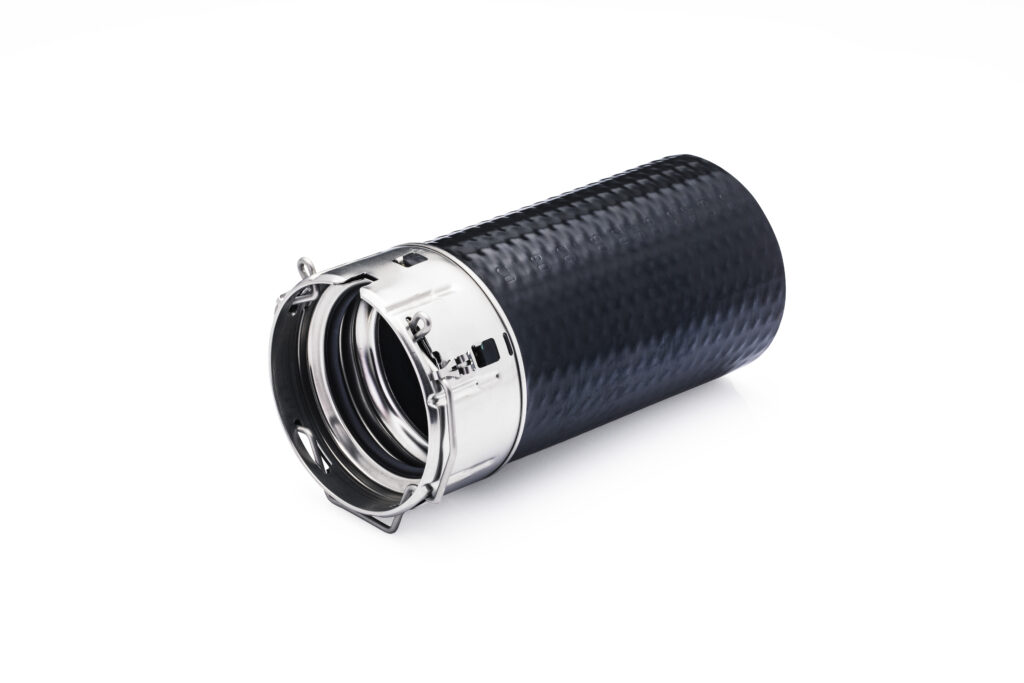
How strong is HENN’s presence in the Asian market and what are your plans for India?
In Asia, we already have a pretty big presence with all major Asian OEMs already using our quick connectors. The likes of Hyundai, Kia, Toyota, Great Wall Motors, SAIC and Geely are already our customers and thanks to them, the Asian market contributes to over a third of our turnover globally. And now we feel the time is right for us to take the next step and establish our presence in India. We already have one customer in India who sources our connectors; the next step is to engage with more local OEMs in the country.
Going forward, given your ambitious plants including an entry into the Indian market, do you see the need for a third production plant? If yes, would India be a probably location?
It is definitely a location we are considering. If there is huge demand in India, then, of course, our CEO is very willing to set up a plant in India. We are now just doing our first steps in India and have to understand the market and the needs of the customers. If that proves to be successful, we are open and willing to set up plants in India.
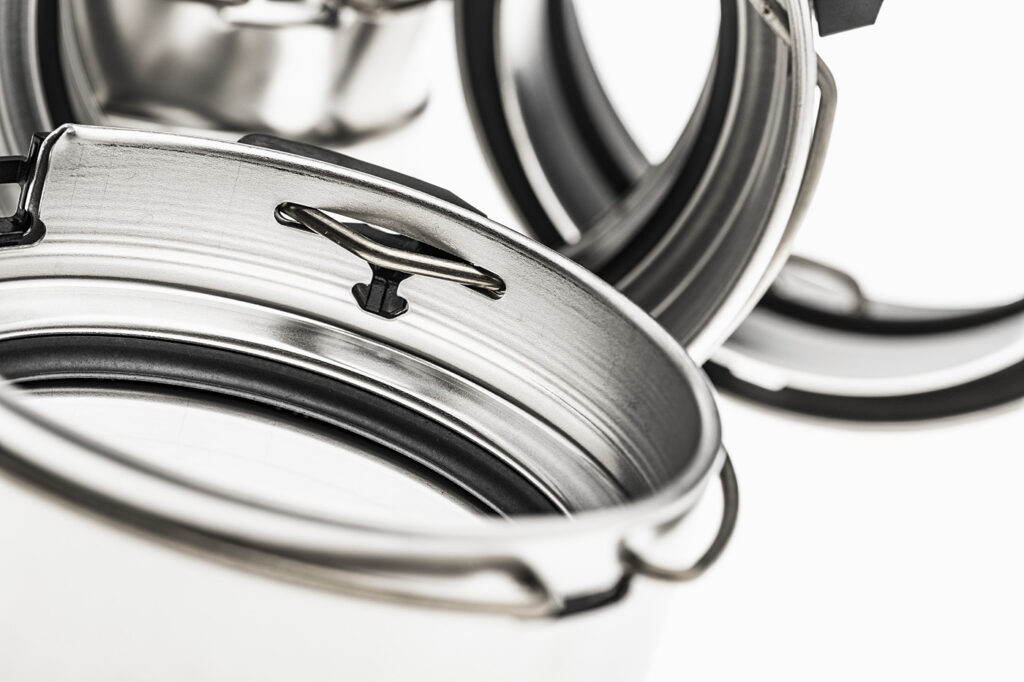
What are your targets for the Indian market for 2023 and how do you plan to achieve them?
Of course, our plan is to get the first customers next year. We do not have a specific plan on how many connectors we want to sell as of yet but our target is to win first customers next year. In India, there is a common perception that HENN is associated mostly with premium vehicles such as BMW, Mercedes, Aston Martin, etc. which are brands that don’t really look into the cost. So right now, we are just reaching out to tier-I suppliers as well as the OEMs, showing them the benefits of not just our products but how HENN would be beneficial to them at a system level and also on their production lines. We are also trying to change the perception that HENN is only for premium vehicles.
In addition, we are also trying to pitch in at an early stage for EVs with a new product which is under development. At this stage, we see some synergy working with the likes of Mahindra, Tata Motors, etc., and since EVs involve thermal management and batteries, we would like to position ourselves as a solution provider in this space, not quantitatively, but strategically.